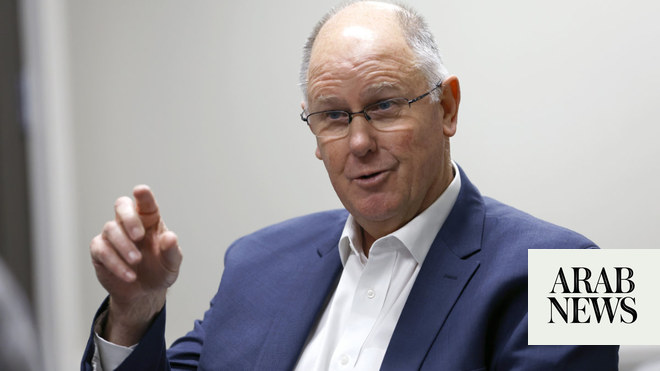
inally the Jamaican state has been held to account for its complicity in the violence and discrimination I have faced for being gay. An international tribunal has ruled that Jamaica should scrap its homophobic laws immediately.
The hatred that LGBTQ+ people routinely face in Jamaica, and the colonial-hangover laws that criminalise gay relationships, are well documented. But, for the first time, the Inter-American Commission on Human Rights has determined that laws against the “abominable crime of buggery” and acts of “gross indecency” effectively led to state-sanctioned violence against LGBTQ+ Jamaicans.
As one of the two claimants in this case, I had to detail my experiences over decades living as a gay man and rights activist in Jamaica. I have been harassed and threatened, made homeless, and beaten by police officers in front of a hostile mob of hundreds.
Close friends of mine – including Brian Williamson, co-founder of leading LGBTQ+ rights organisation J-Flag, where I also worked – have been violently murdered. Their killers have, for the most part, faced no justice. All this simply because they were gay, and unable or unwilling to live a lie.
The message LGBTQ+ Jamaicans receive loud and clear is that our lives are worthless. Our humanity is completely denied.
I chose to live openly, to campaign for the rights of the LGBTQ+ community, and for my own rights. This put me at even greater risk. I used to be part of a netball team of gay men, which we set up as a source of comfort, support and solidarity with one another. In the end, five of our players were killed in separate homophobic attacks. I was not safe in the country of my birth. And in 2008 I faced a choice between leaving the only country I’d ever called home, and staying in it to be killed.
I was granted asylum in Canada 13 years ago and my mother, who was also threatened on account of my profile, followed soon after.
Seeking sanctuary in another country is an extreme, but not uncommon, remedy for LGBTQ+ Jamaicans. Simone Edwards, who submitted her experience as evidence in this case alongside mine, was also forced to leave the island. After she was shot multiple times and left for dead by men from her neighbourhood declaring “the lesbian must die”, she and her young daughter were eventually granted asylum in the Netherlands.
Even from Canada, however, I wanted to remain a part of the struggle to have LGBTQ+ Jamaicans’ human rights recognised.
Tackling Jamaica’s problem with homophobia requires action on different levels – social, political, religious and more.
All the times I experienced violence in Jamaica, it was exclusively at the hands of the police. And whenever I reported a homophobic crime, I was met with ridicule or dismissal. When I broke down emotionally upon viewing the battered, lifeless body of a friend, policemen at the scene questioned why I would be crying over a “batty man”.
I cannot divorce this open police aggression from the existence of the homophobic laws. If the law supports discrimination against the LGBTQ+ community, how can it protect us? In fact, it gives the police a mandate to partake in our oppression and humiliation.
The judgment by the Inter-American commission, the independent arbiter of human rights for 25 countries within the Americas, is a watershed moment. But I do not fool myself that even this milestone will alter hearts and minds immediately. After all, Jamaica is a country in which the church was able to mobilise thousands of people at a moment’s notice for an anti-LGBTQ+ march through the streets.
Yet, although the commission’s decision is not binding in domestic law, there can be no doubt of its impact. Recommendations from the commission have weight, both nationally and internationally. Unlike my numerous appeals to the police for justice, such a well-reasoned and categorical judgment from an authority of this kind cannot be easily dismissed.
On a personal level, reading the judgment brought a tear to my eye. After more than a decade of exile, to have it confirmed that, yes, my country did me wrong on a systemic level feels like a validation. If my painful experiences could contribute to progress in Jamaican society, that would be a huge source of pride for me.
Of course, I know from experience that this is a wheel that spins very slowly but now, at last, there is reason to hope.
Gareth Henry is a Jamaican LGBTQ+ activist living in Canada











